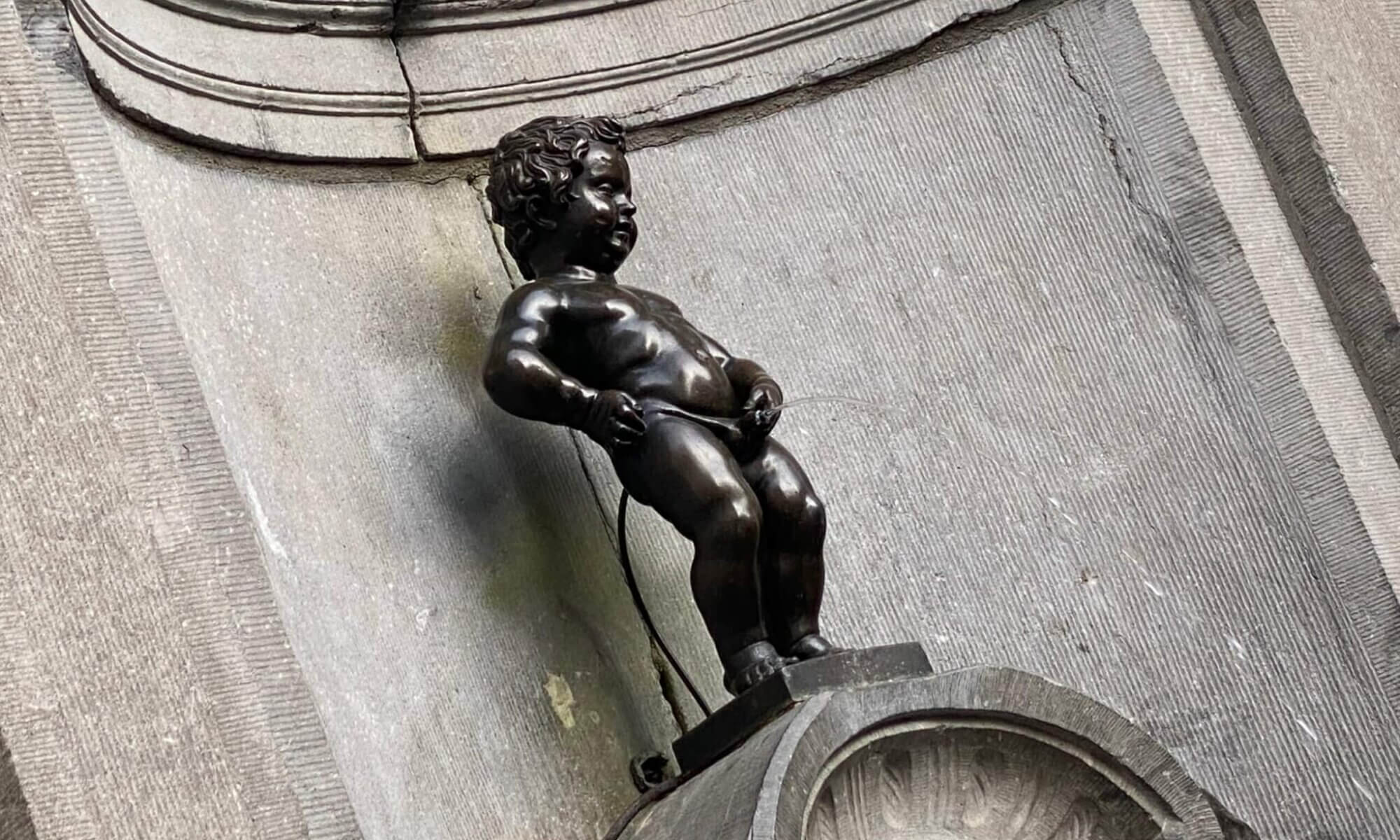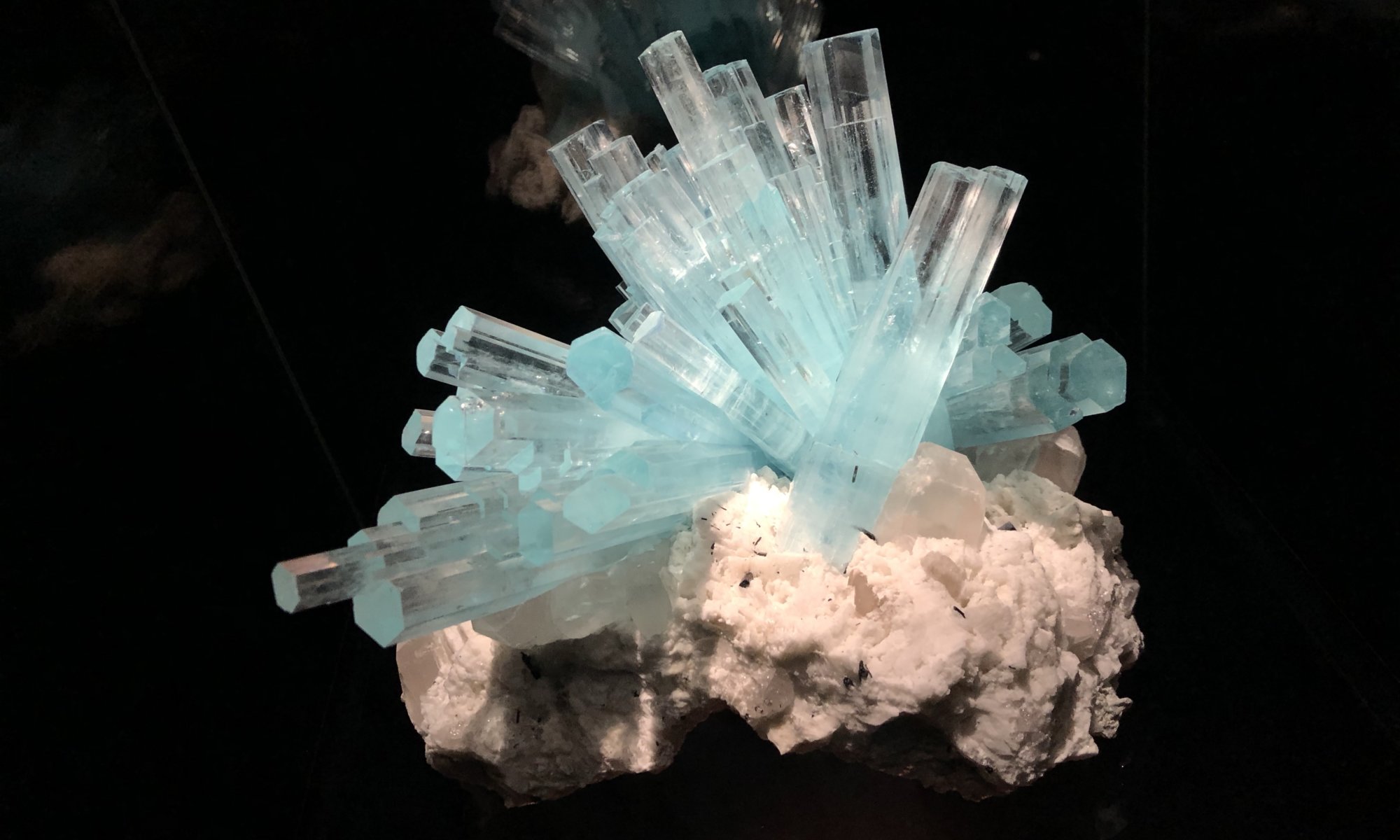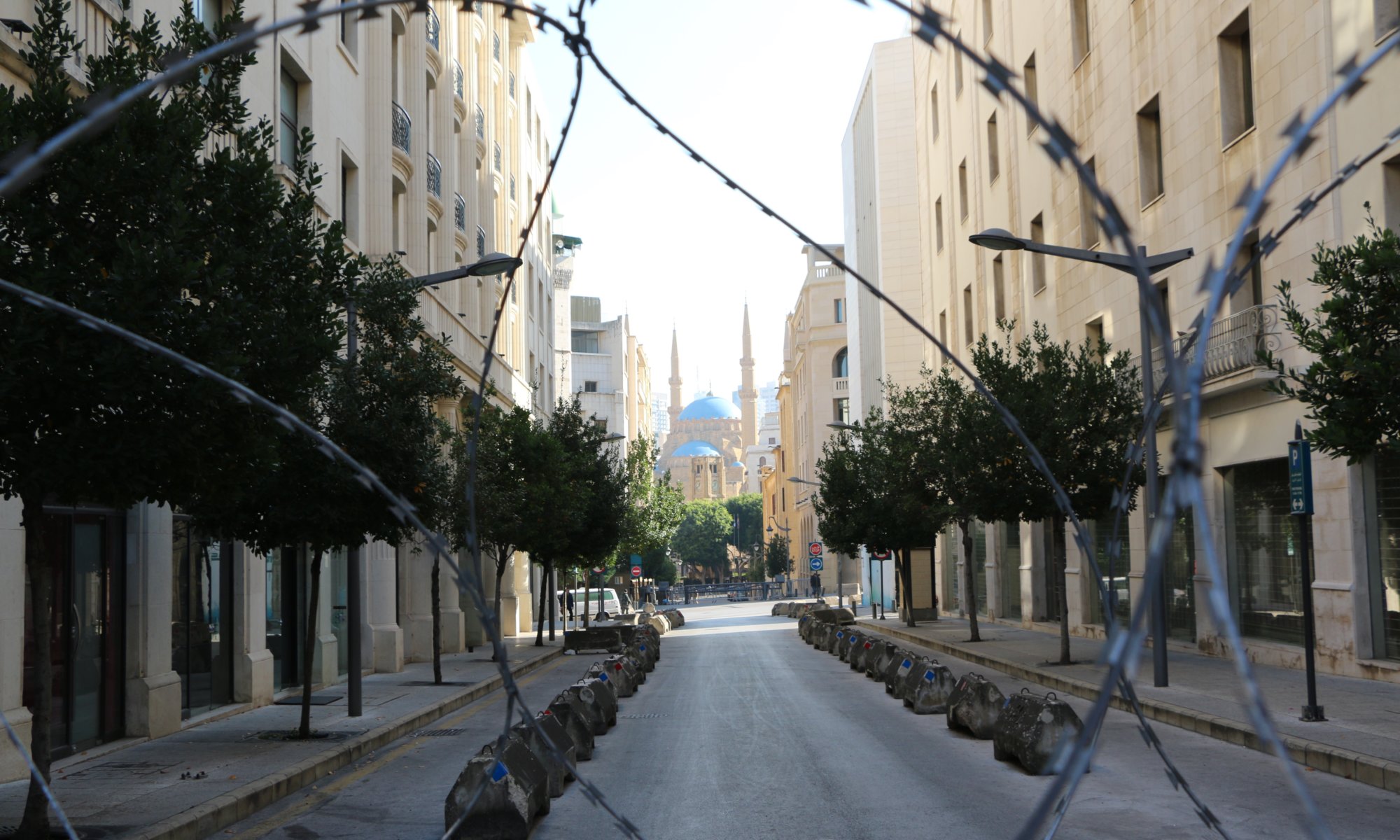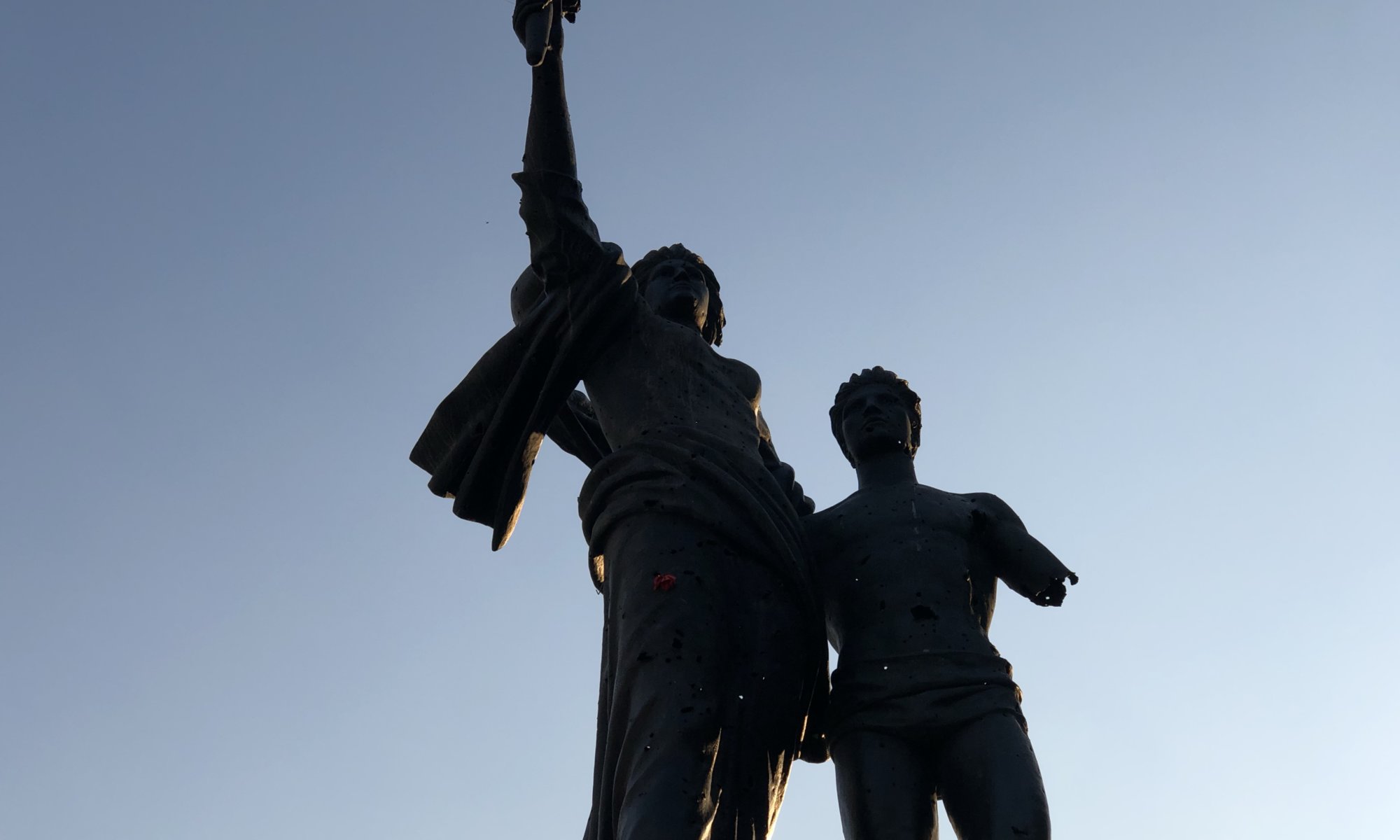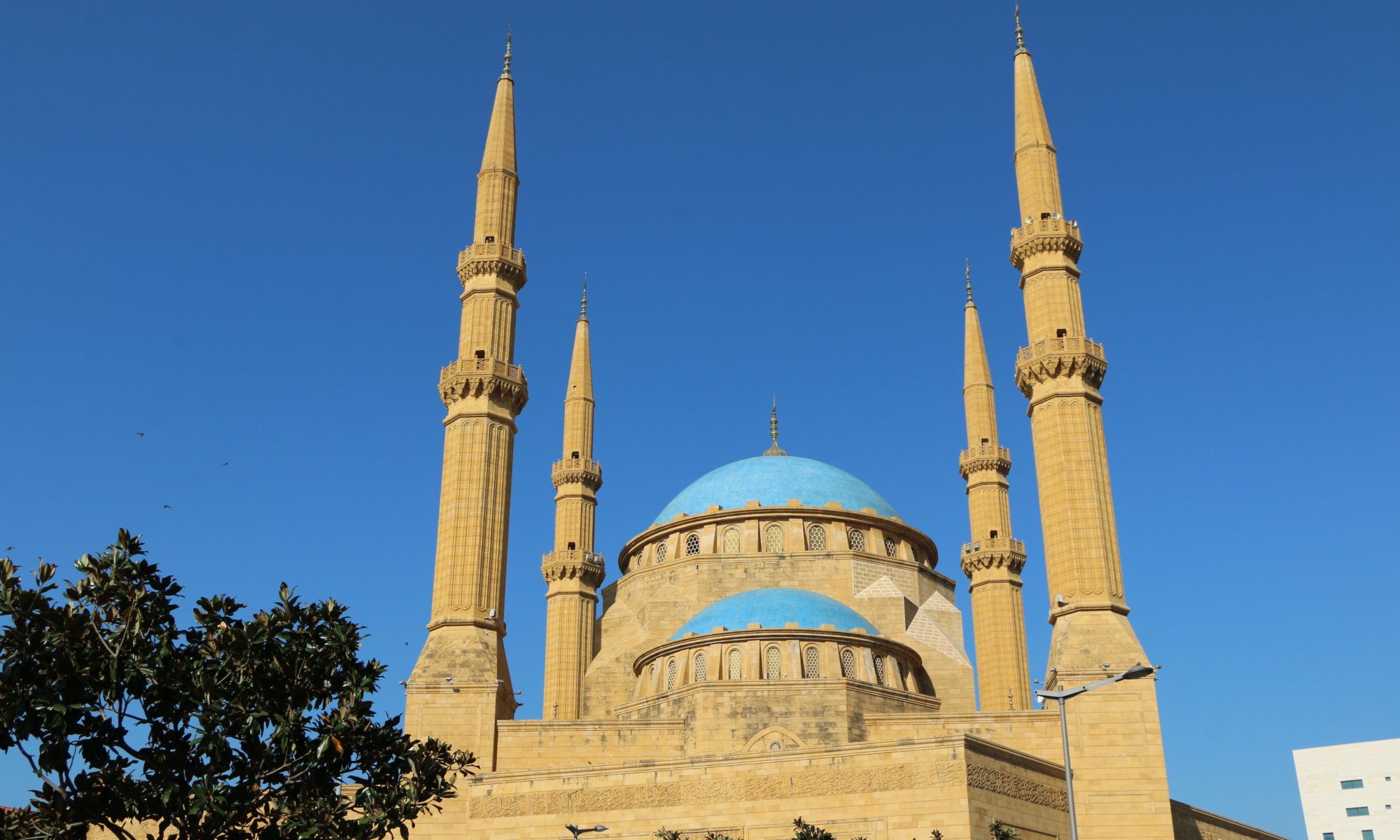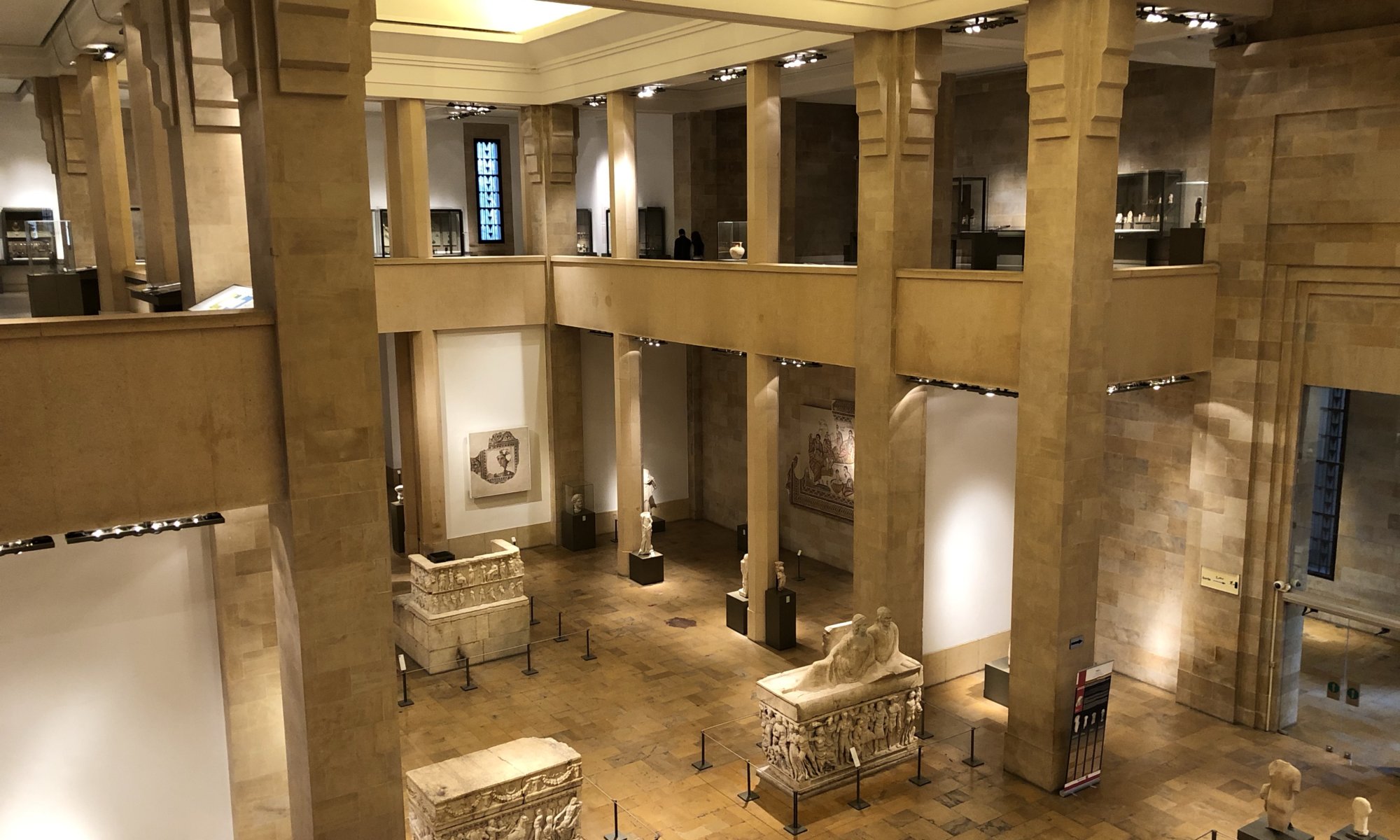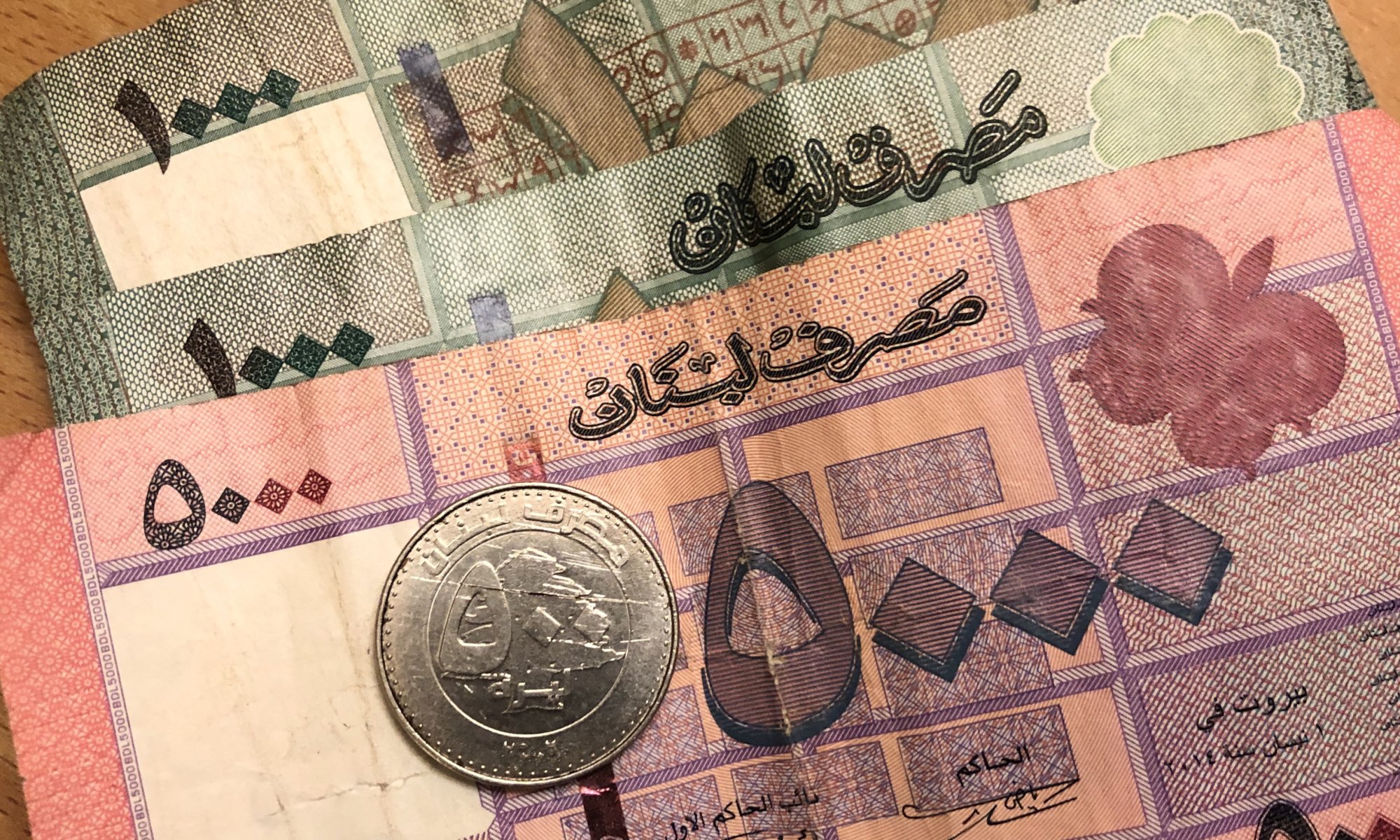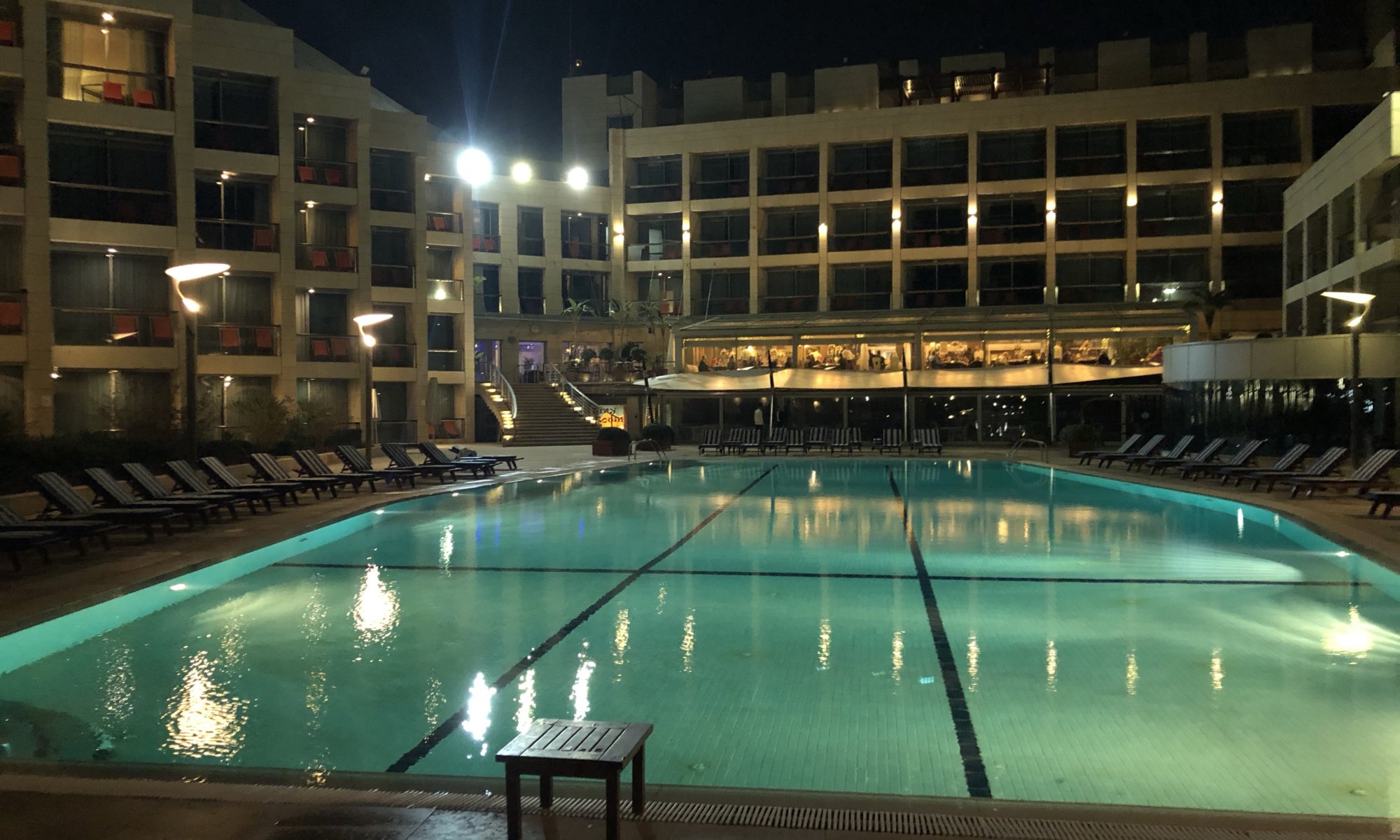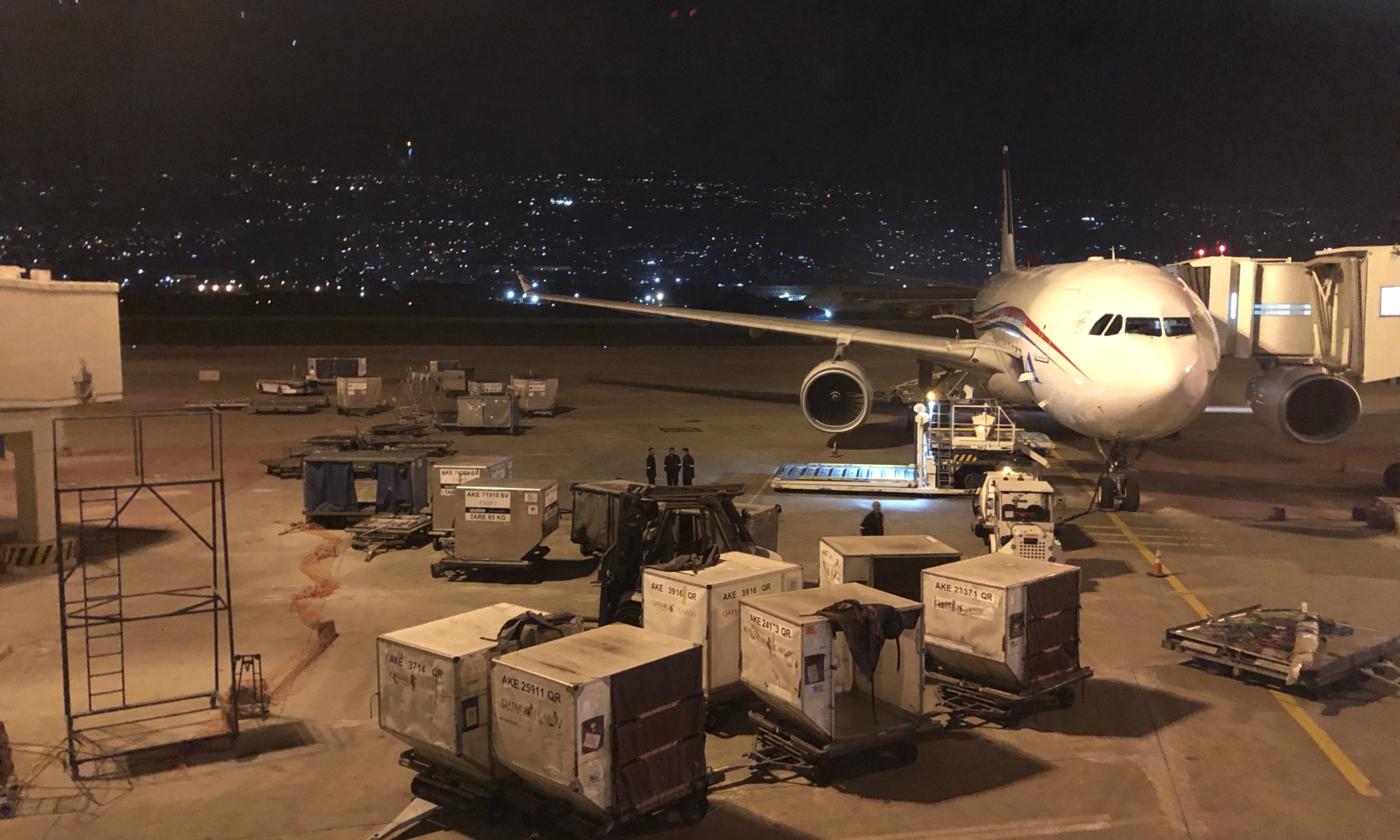I admit I was wrong. I always believed that a collection of minerals must be absolutely boring. But then I came across the Mineral Museum (MIM) of the Université Saint-Joseph at بيروت, Lebanon. It is a vast collection of minerals from all over the world. As it belongs to a university there are good scientific explanations but the presentation is also very nice. They play a lot with light and stage the beautiful stones the right way.
Continue reading “Minerals”Revolution
Lebanon currently experiences exceptional circumstances. 30 years after the Lebanese civil war and 15 years after the so-called Cedar revolution and the Lebanon war in 2006 the country now has a governmental crisis. Since October 2019 the people are protesting on a daily basis against corruption, economic turndown, daily electricity outages, the political elite and a system that assigns governmental positions and the number of seats in the parliament by religion. More than ten different religious groups claim their rights and finding consensus must be like a mission impossible.
Continue reading “Revolution”Martyrs‘ square
It is the central square of بيروت, Lebanon, and has played an important role in Lebanese history different times: the Martyrs’ square. It was formerly an open square next to the city walls and it is therefore close to the old city centre. It leads down to the harbour and the two most iconic buildings next to it are the Mohammad Al-Amin mosque and the ‘egg‘ – a cinema with a special architecture that remained unfinished due to the Lebanese civil war. Martyrs’ square is a place often chosen for public events, protests and protest camps.
Continue reading “Martyrs‘ square”Mohammad Al-Amin Mosque
It is a house of prayer you can’t miss when visiting the بيروت, Lebanon. The Mohammad Al-Amin Mosque is a Sunni mosque located next to the city centre and the Martyrs’ square. It is a rather new mosque; its foundation stone with laid in 2003 by prime minister Rafik Hariri and it was opened in 2008 by one of his sons. It is well visible because of its four minarets and the 42 meters high cupola coloured in blue.
Continue reading “Mohammad Al-Amin Mosque”National museum
The national museum was the first point of interest I visited when coming to بيروت, Lebanon. Having seen nothing of the city before I was really surprised how modern and well designed this museum of archaeology is. The museum was founded after World War II and contains around 100,000 items from excavations in Lebanon. Highly decorated sarcophagi, fantastic mosaics, ancient coins, statues and also some mummies can be found in the exhibition – with items also dating back to the bronze age.
Continue reading “National museum”Lebanese pound
Concerning currencies, a visit to Lebanon is a bit special. The official currency is the Lebanese pound (LBP, currency sign ل.ل.) which is sometimes also called Lebanese lira – most probably because of the French and Arabic names: livre libanaise and lira libnaniyya. After the Lebanese civil war and the inflation caused by it, the value has been fixed to the US dollar. One USD is worth 1507.5 LBP. At most places, it is possible to also pay in USD and if you only have Euros left in your pocket: most people will accept EUR banknotes, too. They then tree the EUR equal to USD which isn’t the best deal.
Continue reading “Lebanese pound”Coral Beach Hotel and Resort
The Coral Beach Hotel is a nice hotel in the South of بيروت, Lebanon. It is very recommendable especially in summer – with a wonderful pool between the buildings and access to the Mediterranean sea, even as there is no beach. It formerly belonged to the Sheraton group and has large rooms and a good restaurant. The location of the hotel is the big advantage in summer, but also a big disadvantage as you always need to take a taxi to access the city centre. It is a ten minutes taxi ride from there to the city and also to the airport.
Continue reading “Coral Beach Hotel and Resort”Rafic Hariri International Airport
The Rafic Hariri International Airport (BEY) at بيروت is the most important gateway to Lebanon. It is a smaller but well-working airport located 9 kilometres south of the city centre. The airport has just one terminal but three runways and was renovated in 2019 – the old terminal is still standing and looking like a ruin. The airport was named after former prime minister Rafic Hariri after he was assassinated in 2005. It is also the home base of Middle East Airlines (MEA) which is said to be a good airline with well-trained staff.
Continue reading “Rafic Hariri International Airport”